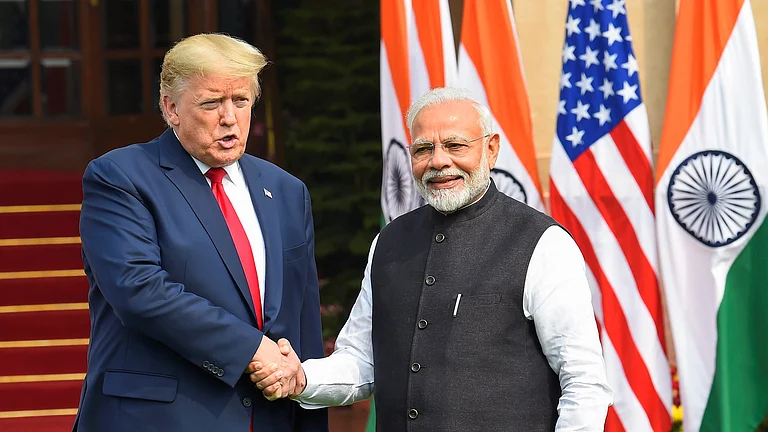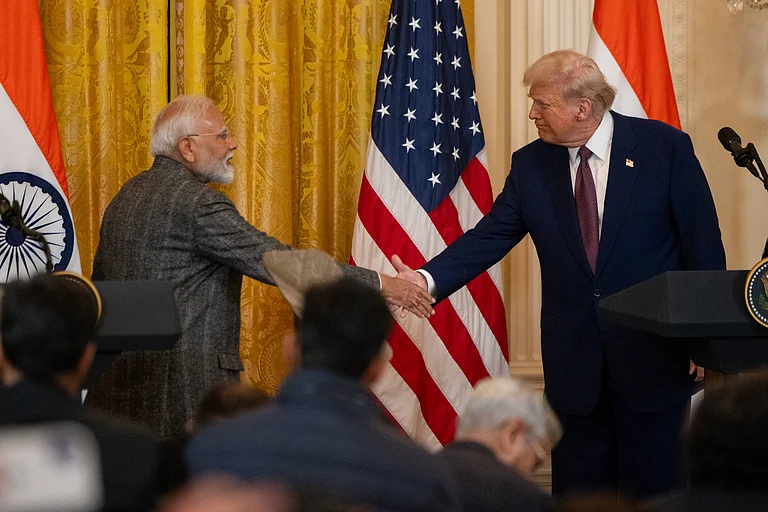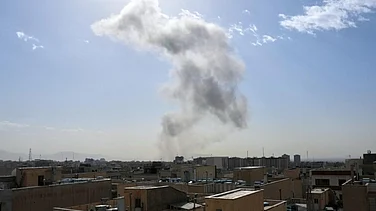
- Vance said the administration’s approach was designed to make it harder for Russia to profit from its oil
- India, however, has maintained that its energy imports are driven by national interest and the need to secure affordable supplies for its large population.
- The tariffs have strained U.S.–India trade relations
U.S. Vice President JD Vance has defended the Trump administration’s decision to impose secondary tariffs on India, calling it part of an “aggressive economic leverage” strategy aimed at cutting off Russia’s oil revenues and pushing Moscow closer to ending the war in Ukraine.
In a recent interview, Vance said the administration’s approach was designed to make it harder for Russia to profit from its oil economy by targeting countries that continue to buy discounted crude. “Trump has applied aggressive economic leverage, for example, secondary tariffs on India, to try to make it harder for the Russians to get rich from their oil economy,” he explained.
The secondary tariffs have significantly increased duties on Indian goods entering the U.S., raising the total to nearly 50 percent in some categories. Unlike primary sanctions, these measures penalize countries not directly at war but engaged in trade that sustains the targeted nation—in this case, Russia.
This strategy, officials argue, is a way to weaken Moscow’s financial base without direct military confrontation, using economic pressure as a tool of geopolitical influence.
India, however, has maintained that its energy imports are driven by national interest and the need to secure affordable supplies for its large population. Officials in New Delhi have consistently stated that purchases from Russia are guided by market considerations and not political alignment.
The tariffs have strained U.S.–India trade relations, prompting New Delhi to explore alternative partnerships, including stronger economic engagement with China and closer coordination with Russia. Analysts warn that such shifts could reshape strategic alignments in the Indo-Pacific and Eurasia.
Vance also indicated that the economic pressure is beginning to influence the broader conflict, noting that both Russia and Ukraine have made “significant concessions” in recent weeks as part of ongoing discussions. He expressed optimism that the combination of economic tools and diplomacy could lead to a breakthrough.


























